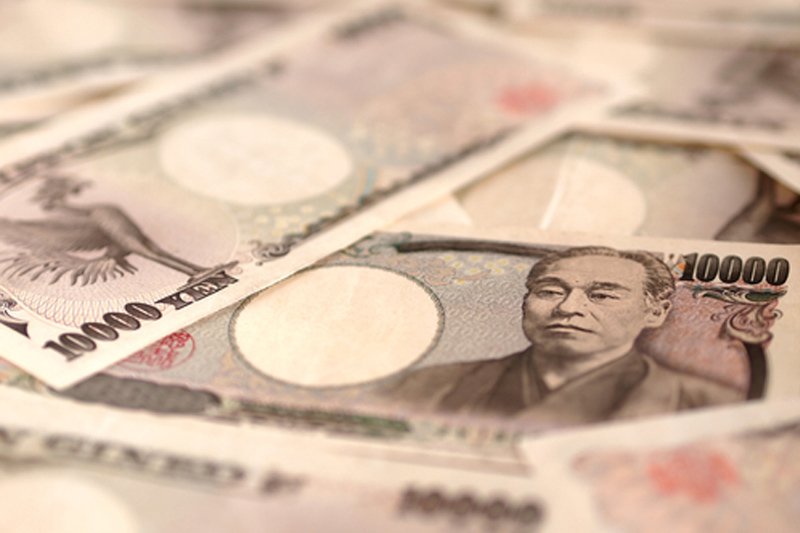BOJ Holds Rates Steady Amid Political and Market Uncertainty
In Tokyo, the Bank of Japan (BOJ) concluded its two-day meeting on Thursday by deciding to maintain the short-term interest rate at 0.25%. In an environment marked by political unrest and market volatility, the central bank maintained a cautious stance against any changes to its extensive monetary stimulus program.
The ruling coalition's loss of a parliamentary majority has raised concerns about potential policy gridlock, complicating expectations for future interest rate hikes. Analysts suggest that due to the absence of significant inflationary pressures and Japan's sensitive economic recovery, the BOJ is likely to avoid aggressive moves to increase borrowing costs.
The BOJ is attempting to strike a delicate balance between preventing speculative declines in the yen and not appearing overly cautious in its policy outlook. The upcoming U.S. presidential election on November 5 adds another layer of complexity, as the BOJ refrains from providing clear signals regarding the timing and extent of potential interest rate hikes.
Naomi Muguruma, the chief bond strategist at Mitsubishi UFJ Morgan Stanley Securities, emphasized the negative impact of domestic political turmoil on economic activity and the potential challenges to the BOJ's interest rate hike plans. She also noted that the BOJ may need to act if a rapid decline in the yen poses a threat of re-igniting inflation.
The BOJ's quarterly report, expected to be released after the meeting, is anticipated to maintain the forecast that inflation will hover around 2% until early 2027. However, any changes in the BOJ's risk assessment or future policy guidance will be highlighted. In its previous report in July, the BOJ expressed its willingness to continue raising interest rates if economic and price conditions aligned with its forecasts.
The central bank ended negative interest rates in March and increased short-term rates in July, reflecting its view that Japan is progressing toward its 2% inflation target. Nevertheless, Governor Ueda reiterated that while the bank remains committed to a path of rate hikes, there is no urgency to act as inflation remains moderate. A small majority of economists surveyed expect the BOJ to refrain from hiking rates this year, while most anticipate an increase by March.
The BOJ's careful navigation in the current economic and political environment demonstrates its determination to ensure stability and its readiness to adjust policies in response to changing conditions.


